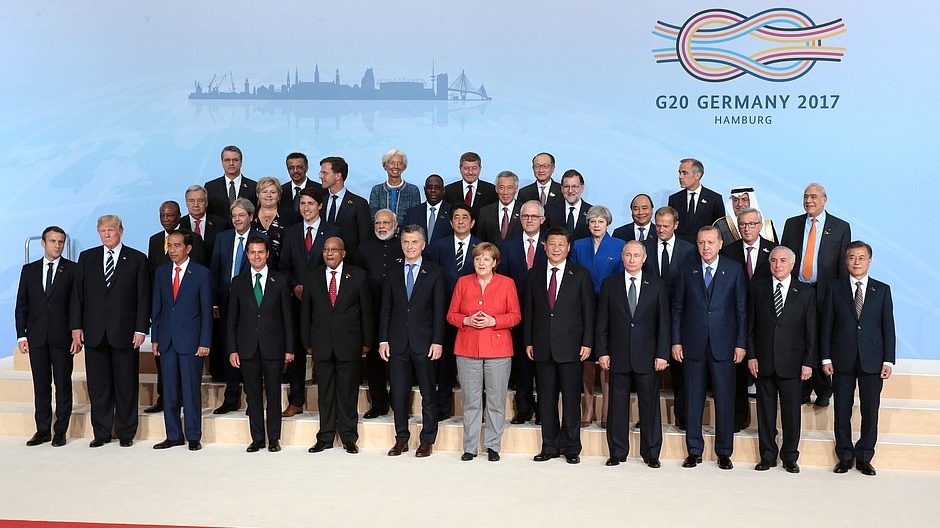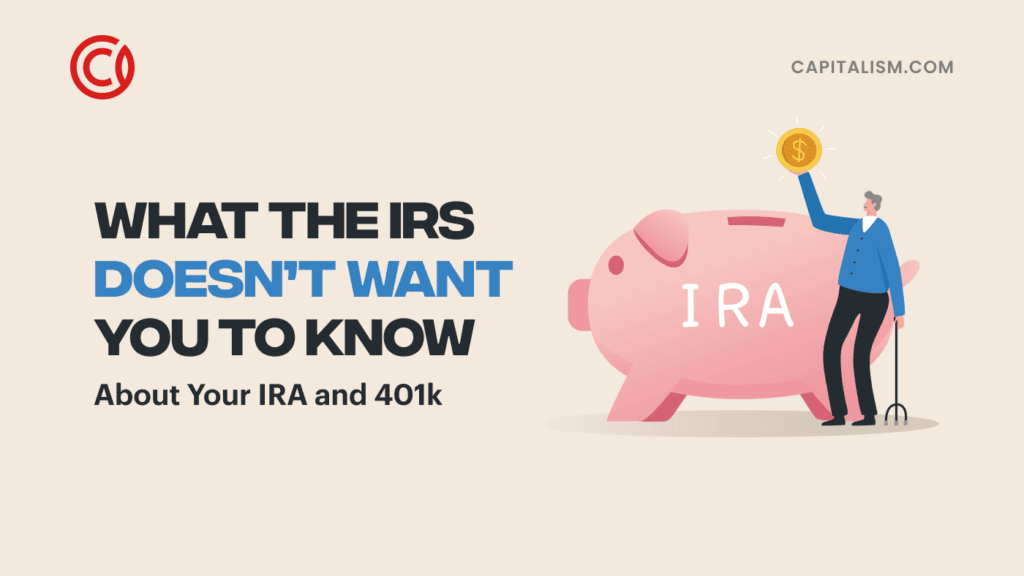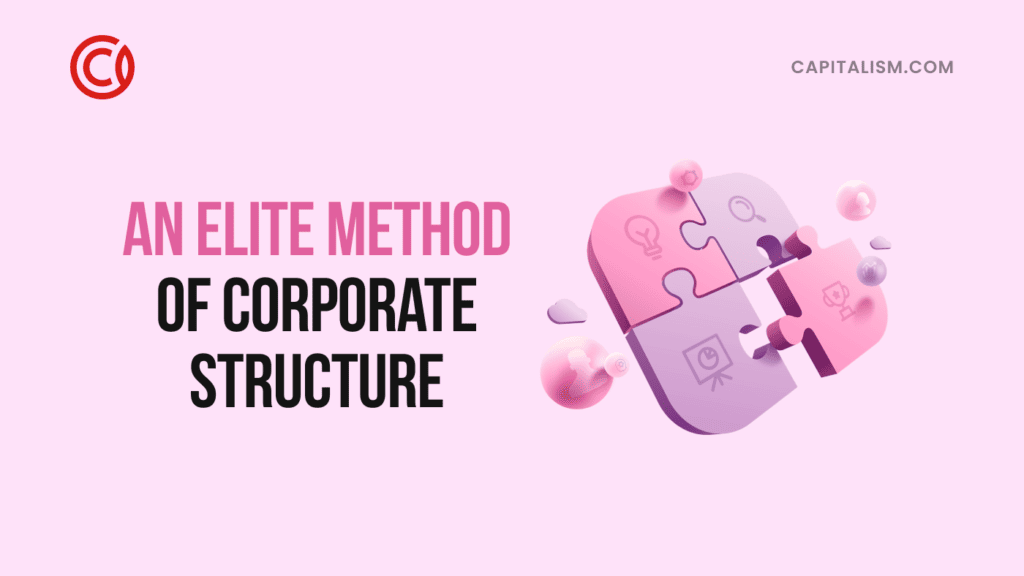The G20 is not an effective body of states doing what's best for the world economy.
In fact, the G20 has embodied the very anti-market reforms that the United Nations wishes to instill upon member-states at a global scale.
Originally founded as a discussion group on how to better commence the art of global free trade, the sentiment and initial intent are absent as the organization—and its members—are conduits to empty calls to end protectionism and let, fair and freer trade rule over international commerce.
The G20 Is Hypocritical
G20 is a consortium of public finance and central bank chiefs from 20 of the largest economies in the world. With the intent to embolden relationships that are centered on trade and commerce in the freest and fairest possible manner, G20 members wish for economic competition amongst states to be fervent and alive.
This same intent also resulted in all G20 countries working to "resist" all forms of protectionist trade policies. But, how'd that turn out?
In 2016, the World Trade Organization chided G20 members for passing—and "not resisting"—protectionist policies at a rate that was not seen since the global downspin in 2008, which later became known as the Great Recession.
This resulted in a slowdown in global trade and was a direct link in the slowdown of the global economy.
An Agent of UN Policies
International governmental organizations have their importance. However, you have a problem when policy is dictated and states are coerced into ratifying said policy.
Terrence Corcoran, for the Financial Post, argued that in recent years, G20 has become an invasive instrument aligned with the sustainable development craze introduced to the world by the United Nations. Particularly, he criticizes the G20's 2030 action plan because of the same rhetoric used to subscribe to the UN's baseless objectives for a sustainable future.
According to one piece of G20 material, it is the group's intention to "end poverty and hunger, in all their forms and dimensions, and to ensure that all human beings can fulfill their potential in dignity and equality and in a healthy environment.”
Corcoran dismisses these objectives as "grand and meaningless."
Ultimately, one of his main observations is that "The G20 has been unable to make much headway on important economic issues. It’s the wrong collection of nations based on an incoherent generalized set of objectives. The G20, by all the evidence, is ill-equipped to deal with individual national and global problems..."
Trade (That's It) Is The Solution
The cliche that sitting in a committee and talking about ideas but not following through with them is very prevalent.
Countries need international relationships; however, just like for individual business and people, these countries need to work toward multilateral and bilateral trade agreements that are on the based on the foundations of free market economics.
And, just like any marketplace, over regulation adds cumbersome obstacles for a fruitful flow of goods, services, and ideas. Taxation, like tariffs, eats at corporate bottom lines and disincentivizes trade.
The flow of commerce should be the basis of any international trading relationship. Not grandiose, new world order political steam.
What do you think of the G20 and its policies? Share your thoughts in the comments.
MORE OPINIONS ON CAPITALISM.COM:
• Why Capitalists Should Consider Austin Petersen for Senate
• 6 Reasons to Eliminate Government Regulations
• How One Dutch Libertarian’s Lesson On Property Rights Went Viral











